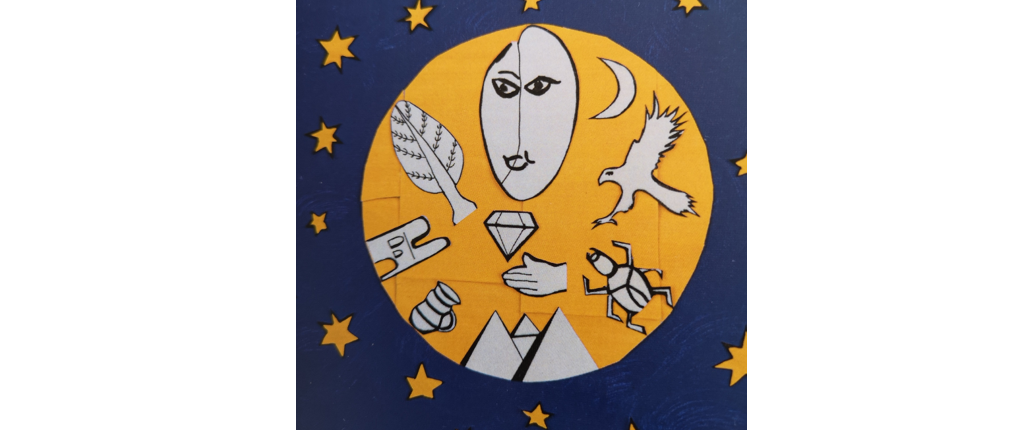Book review: The Secret of The Alchemist by Colm Holland
Have you read The Alchemist by the Brazilian author Paulo Coelho? It is not wholly necessary to read The Alchemist before reading The Secret of the Alchemist, but I would certainly urge you to do so.
The Alchemist has sold over 85 million copies worldwide and has been translated into more than seventy languages. The book is a simple story about an Andalusian shepherd boy who, believing his recurring dream was a prophecy, gave up his comfortable life and went in search of treasure at the Egyptian pyramids. The book is a fable and thus can be read, even but quite young children, as an adventure story with lots of twists and turns. But, of course, the great value of the book is the underlying meaning.
The book may have remained a little known book that had only sold a few copies in Paulo’s homeland had Colm Holland, then a member of the marketing team at one of world’s leading publishers in Australia, not been convinced when he read the first translation into English that The Alchemist would become an international bestseller.
Colm says the book has influenced his life, not just from the initial reading but also from the extraordinary results of his meeting with the author.
And whilst just reading The Alchemist the main underlying moral of the story is clear, the depth of analysis in The Secret of The Alchemist will take your understanding to a completely different level.
And there is another reason to read The Secret of The Alchemist:
Colm has asked Love to give the reader everything they need to become the alchemist in their world.
But, of course, read it properly from cover to cover! And, actually, it is one of those powerful books that you will probably want to read again and again. I know I shall!
It is important to stress at this point that although this is a book about personal spiritual evolution that delves into the meaning of loving and being loved; that focuses on transformation and the ability to change not only our own lives but, seemingly miraculously, change the world around us for the better; it has an extraordinary depth that provides clarity and greater understanding, especially for those a little more sceptical, than most books of the same ilk.
Throughout the book, as Colm dissects the story of The Alchemist and, in parallel, his own journey to transformation (which had started several years before his encounter with Paulo), he compares his analysis to views of scientists and philosophers throughout history, from the ancient alchemists to the likes of Carl Gustav Jung, a Swiss psychiatrist and psychoanalyst who founded analytical psychology; Richard Feynman, an American physicist known for his work in the theory of quantum physics; Dr Paracelsus, the Swiss 16th-century pioneer of medicine, Sir Isaac Newton, an English physicist widely recognised as one of the most influential scientists of all time; and many more.
Reverting to the initial story of Santiago’s search for his treasure, there is a recurring theme of personal wealth in a monetary sense. At first, I found this a little confusing and at odds with the spiritual meanings of the book, but perhaps that says more about my own relationship with money! I found much reassurance in his comments:
“Money may be neutral, but it is also a form of power…because it is an enabling means of generating beneficial conditions for those within our sphere of influence. Freedom from hunger, disease, slavery, and homelessness are just some of the obvious benefits that money can bring when its power is used for good. And of course, the converse is true…. Yet because Love wants us to transform towards true empowerment, the power we need to create wealth is at our disposal.”
If you are eager to find out more and start or continue your personal transformational journey, a final word of advice from Colm:
“All the reading, listening to experts, speaking to other travelers, counselling sessions, self-analysis, and even following our own dreams can only be of value if we live it out in the real world of our day to day life in nature and society.”
In other words, many of us absorb lots of information but fail to take the action that can move theory to reality.
And thus, I would humbly suggest your first action is to purchase and read this wonderful book…
With Love
Jill

